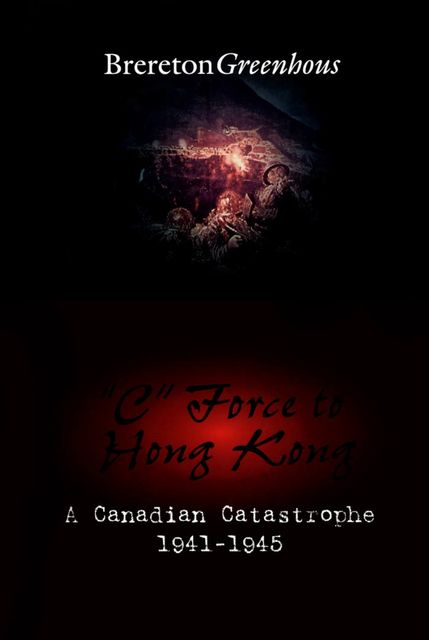
Read in our apps:
iOS
·Android
“C” Force to Hong Kong
- About
- Quotes5
- Readers2
- On the bookshelves
- Lenny Deernovahas quoted7 years agoDefence Force, and since November 1938 they had been under the command of Major-General A.E. Grasett, DSO, MC. Grasett was a Canadian, a 1909 graduate of the Royal Military College, who had won the Sword of Honour for his year and then been granted a British commission in the Royal Engineers
- Lenny Deernovahas quoted7 years agoOver the following year, three options for Hong Kong were considered in Whitehall. Firstly, all work on physical defences could be stopped forthwith, and the garrison reduced to a purely nominal strength, in effect proclaiming the whole colony an “open city.” Secondly, the existing policy could be overtly continued, with a covert addendum calling for the destruction of all strategic resources (primarily the dockyards, oil farms and wireless station—at that time the airfield facilities were quite limited) in the face of an imminent threat, together with the evacuation of the garrison and those non-Asian civilians who might wish to leave and, finally, relinquishment of the colony upon the onset of war. Or, thirdly, the existing intention of holding the island until the arrival of a relief force, while stopping all further work on the mainland defences with the intention of merely fighting a delaying action there, could be maintained.
- Lenny Deernovahas quoted7 years agowould be better, concluded the British chiefs of staff, to look upon the colony as no more than an outpost of the empire, not to be taken too seriously, and withdraw to a slightly more defensible line that ran from Junk Bay to Gin Drinkers Bay—a line that lay only some 6 km from Kowloon at its closest point and was no shorter than the border defences, but one which embraced a much shorter coastline.
- Lenny Deernovahas quoted7 years agoMeanwhile the Japanese were pressing their Chinese campaigns, and a key element of their strategy called for isolating Chiang Kai-shek (leader of China’s governing Nationalist Party) from the Western world.
- Lenny Deernovahas quoted7 years agoA British military attaché in Tokyo from 1938, Wards “possessed an excellent knowledge of the Japanese language resulting from his having been attached to a Japanese regiment for a substantial period after the First World War.”10 Lecturing the officers of the Singapore garrison in April 1941, Wards emphasized the thorough training and excellent morale of the Japanese, condemning the common belief that they would be no match for British soldiers.
fb2epub
Drag & drop your files
(not more than 5 at once)

